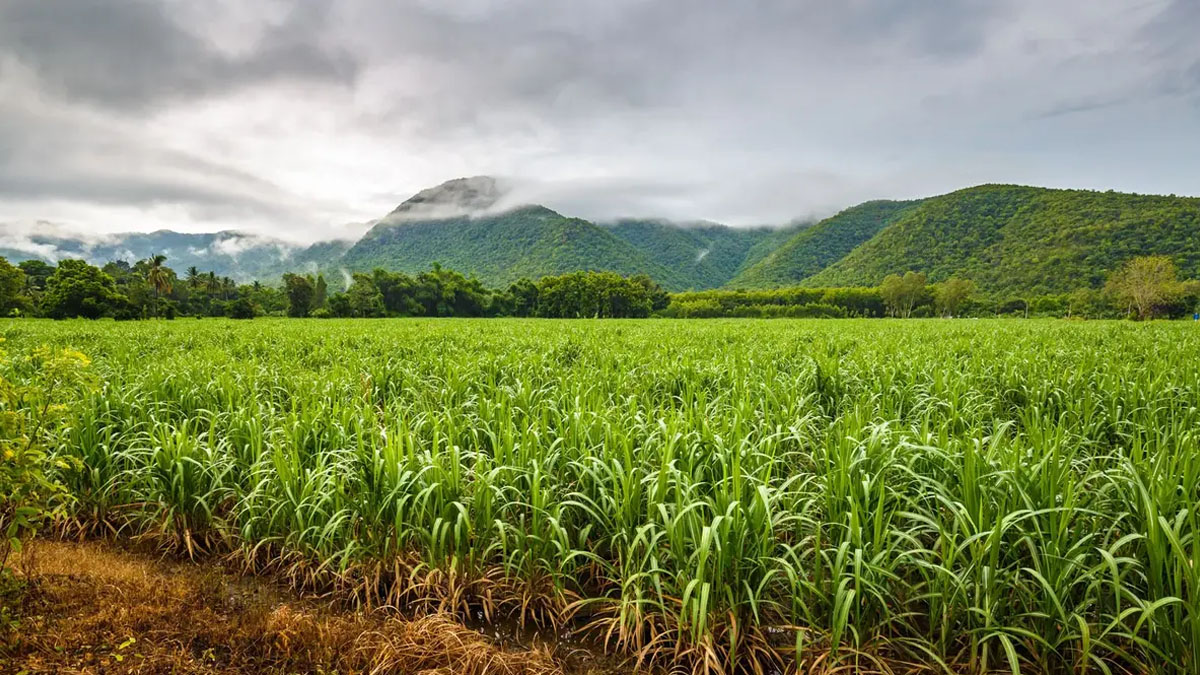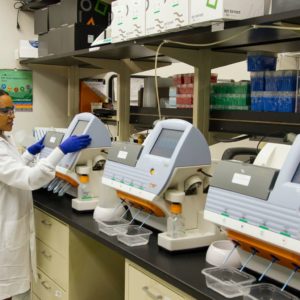The Brazilian Paradox is term coined by Defugo Technologies and Price Waterhouse Coopers in their recent joint “Biomass to Energy” whitepaper. The paradox, of course, refers to the idea that a country or a business has to choose between food or energy when selling to the market. On a global scale this decision on how best to use the ever-shrinking available arable land, is not just a Brazilian problem, as was highlighted by the “Tortilla Riots” in Mexico not so many years ago.
The focus on Brazil, though, is warranted, as it is responsible for growing the lions share of the world’s sugarcane, and when it makes a decision on the ratio of sugar to ethanol, known as the ‘sugar mix’, global markets react, prices soar, and social chaos can follow.
Of course sugar isn’t the only commodity that suffers from the Brazilian Paradox, corn—as mentioned above in the tortilla riots—vegetable oils, soy and other cooking oils have all been impacted by the demand on biofuels. This was highlighted earlier in 2022 when Indonesia banned the export of palm oil, as the government was worried about the social impact of running out of the country’s stable cooking oil. While biofuels are not the only use for palm oil, it was a contributor in the global supply issues on the back of droughts in major production countries, and then the war in the Ukraine. The knock-on effect of this action also sent the price of soy beans soaring, sending millions of Indonesians back into poverty.
The arguments for and against biofuels are especially apparent in the transport sector, which is a large contributor to GHG emissions in most developed countries. On the “for” side, biofuels have lower emissions than gasoline/petrol and diesel, though EVs will have the lowest emissions of all, hence the opposition to those biofuels, along with objections to the valuable cropland used to make the ethanol over food. That does, unfortunately, ignore some big home truths on EVs, with the elephant in the room being the carbon created to mine the rare earths and other metals required to make them. That’s not even mentioning the costs of the networks and speed of transition to EVs charged with clean green electricity. New South Wales, in Australia, has just announced that it will take until 2047 to transition its 8000 public-bus network to electric. There will, unfortunately, be a lot of emissions in the “gap” between now and then.
Recent transformative events in Brazil’s ethanol landscape will only further ignite the food vs. energy vs. land debate, as one of Brazil’s biggest ethanol assets has been placed on the market by Raizen. BP’s Bunge Bioenergia ethanol assets are in the final stages of a sale and will no doubt bring the Brazilian Paradox into sharp focus, as BP-Bunge has the largest portfolio of ethanol assets in Brazil, excepting the Raizen portfolio itself, which Raizen intends to extend by building another 20 next-generation facilities by the end of the decade.
With this much activity, the focus has to turn to biomass and who controls it. A recent article by biofuelsdigest.com framed the issues around access to biomass as such:
“1. The one who owns more biomass, wins. More biomass, more ethanol, more money, more profit.
- The one who can keep their plant operating 12 months, instead of 9 or 10 months as is the case with sugarcane ethanol, wins. More throughput with the same capex equals more ethanol, more money, more profit,
- The one who owns cellulosic biomass can operate over 12 months. There’s enough biomass to make it work.”
But why does it have to be this way—food versus energy? The simple reason is the market continually looks at the problem through the same lens, and as Henry Ford famously said, if he had asked the people what they wanted, they would have said a faster horse.
What is needed here is a paradigm shift in thinking, like old Henry did with his Model-T all those years ago. The biomass needs to viewed in a holistic way, instead of as a single point of value. What does the entire plant represent in value? And once we have understood that, how do we recover this value? Simply put: you don’t crush it. The process of crushing destroys nearly anything of value in biomass and even restricts the access to a fair percentage of the target extract that was originally desired. Nowhere is this more acutely seen than in the processing of sugarcane, where sucrose remains in cake, molasses and in the bagasse.
While Generation 2 processing facilities view bagasse as the elixir to solving the problem, Defugo has approached this problem by not creating the bagasse at all. The development of the Universal Processing Plant (UPP) has allowed this holistic view of the biomass to be achieved and the extractions of each part of the plant to be executed with precision and complete recovery. This means that there is no longer a debate over food vs. energy, as now the biomass is able to deliver 100% of its food value and create low-cost energy in the form of electricity, renewable diesel, SAF, ethanol, and hydrogen, all with zero waste.
So to take the approach of biofeulsdigest.com, the new view of biomass can be seen in a completely different light, from the processors point of view:
- They who owns the UPP can now extract sucrose for sale as sugar and make ethanol for sale as energy: more profit so they can buy more biomass,
- The UPP can process multiple types of biomass to extract the food and the energy, allowing all-year-round processing across multiple feed stocks. More throughput with the same capex equals more food, more ethanol, more money, more profit,
- The ability of the UPP to extract across multiple biomasses means the owners can be always processing the highest value biomass based on market demand, negating issues around weather, crop diseases and market commodity fluctuations.
With the correct biomass selection and solutions, the ability for the farmer to sequester large volumes of carbon into their soil with every crop rotation can see our farm lands acting like a forest in their ability to take atmospheric carbon and place it in our soil. The contributions of this high-volume carbon sequestration and the low volume of GHG emissions created by biofuels makes a very strong argument for biofuels being the “gap” filler in our global transportation systems, until a better solution is implemented. This would be especially so if the world would take the attitude of the Brazilians and remove the E10 blend regulations. Nearly every car in Brazil runs on E100 and our trucks and trains could all run on D100 too if there was the same appetite for carbon reduction by our governments and transport operators. This is not a technical problem, it’s a policy failure.
When viewed through the context of Australian agriculture, our landmass and variety of biomass that is farmed in Australia, why are we relying on Brazil to carry the load? Australia runs on diesel, to the tune of over 30,000,000,000 litres a year. Australia has vast tracks of land that are either underutilized or locked up in single use leases, such as the Northern Territories pastural lease programs. To put all this into context according to Australian Carbon, replacing this diesel with renewable D100 made from the right biomass would sequester 139,280,000 Metric Tonnes of Carbon into our soils and replace a further 90,299,920 Metric Tonnes of emissions. Or another way to look at it is, Australia would need under 1% of its current land mass to be converted to a high carbon sequestering biomass to become Carbon Neutral, or just 4.25% of unused Crown lands. This is achieved while simultaneously producing food and energy, smashing the Brazilian Paradox and providing regional Australia with long term job security.
Australia, though technology, innovation and a focus on growth has an opportunity to lead the world in the creation of renewable fuels and energy. Now that the argument of Food v’s Energy has been removed and a clear pathway forward on how we feed 9 billion people on this planet by 2050 and beyond, without destroying it, will our politicians have the intestinal fortitude to change policy’s to make this happen?






